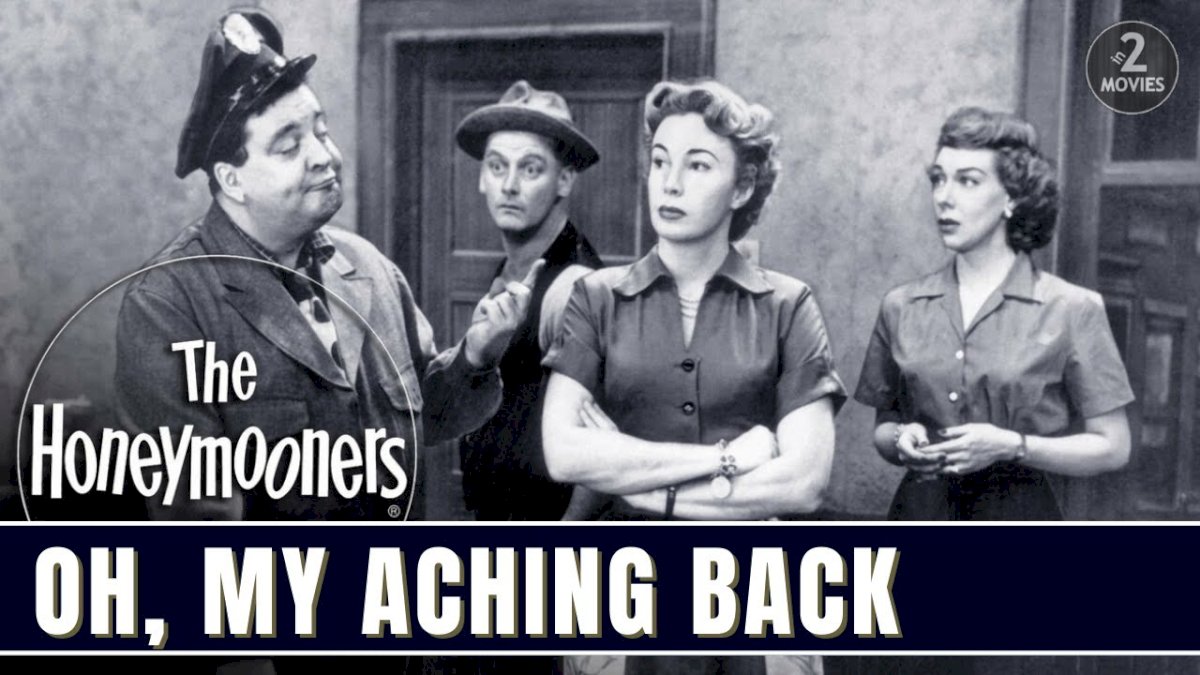The 1970s were a tumultuous period for John Lennon, the legendary member of The Beatles. After leaving England and settling in New York City with Yoko Ono, Lennon found himself embroiled in a legal battle with the U.S. government that would forever change his life.

Background

By 1972, John Lennon was living in New York City with his wife, Yoko Ono. Having previously gained political notoriety for his anti-war stance during the Vietnam War, Lennon was no stranger to the U.S. government's attention. He had been closely monitored by the FBI and had been subject to immigration difficulties, partly due to a 1968 conviction in England for possession of cannabis resin. However, it was his anti-war activism and association with activist groups like the Anti-Imperialist Coalition and the Revolutionary Union that brought him into the crosshairs of the Nixon administration.
Lennon's Immigration Issues

In 1971, John Lennon, known for his anti-war activism and political views, faced deportation proceedings initiated by the Nixon administration due to a previous cannabis possession conviction in the UK. The immigration authorities threatened to expel him from the United States, a decision many believed was motivated by his vocal opposition to the Vietnam War and the administration's policies.
Struggle to Stay in the U.S.

Lennon's immigration battle can be traced back to 1971 when the Nixon administration decided to pursue his deportation on the grounds of his 1968 drug conviction. The government's argument was that his marijuana conviction made him deportable, as it was classified as a "deportable" offense. With the threat of being separated from his family and the life he had built in New York, Lennon began an arduous legal battle to stay in the United States.
The Legal Battle

John Lennon's immigration battle turned into a protracted legal struggle, with his legal team working tirelessly to prevent his deportation. Key figures in this effort included his immigration attorney Leon Wildes and the American Civil Liberties Union (ACLU), which provided crucial support. They argued that the drug conviction was not enough to justify deportation and that Lennon was being unfairly targeted due to his anti-war activism.
The Power of Public Support

Lennon's legal battle gained significant attention and public support. Artists, activists, and ordinary citizens rallied around him, organizing protests, benefit concerts, and letter-writing campaigns to advocate for his right to remain in the United States. Yoko Ono, who was also facing immigration issues, played an active role in the fight, drawing attention to the broader issues of immigration reform and the rights of non-citizens.
The Trial and Verdict

After a long and emotional legal battle, the immigration court finally convened in New York in 1972. John and Yoko were both required to testify during the proceedings. The courtroom was packed with supporters, journalists, and curious onlookers.
In October 1972, Judge Irving Kaufman, who presided over the case, delivered his verdict. To the astonishment of many, he ruled in favor of Lennon and Ono, finding that the government's pursuit of their deportation was "an apparent attempt to deport the alien" and "separate him from his wife and child, on a ground that is trivial." The judge's decision was a major victory for the Lennons and their supporters.
Lennon's Contributions and Activism

Throughout this period, Lennon continued to be an advocate for peace, using his platform to spread messages of unity and anti-war sentiments. His musical endeavors and activism amplified his public image as a voice for change, further fueling the public's support in his immigration struggle.
Post-Immigration Battle

Following the favorable verdict, John Lennon was able to continue his life and work in the United States. He released his iconic album "Imagine" in 1971 and continued to be a vocal advocate for peace and social justice. His music, activism, and enduring influence made a lasting impact on American culture during a tumultuous era.
Conclusion

John Lennon's journey at the New York Immigration Office in 1972 was a defining moment in his life and in the larger context of the struggle for civil liberties and the right to express dissenting opinions. His case remains a testament to the resilience of the human spirit and the importance of standing up for one's beliefs, leaving an indelible mark on the history of activism and the fight for free speech. John Lennon's legacy continues to inspire generations, emphasizing the significance of using one's voice for positive change and the power of unwavering determination in the face of adversity.



